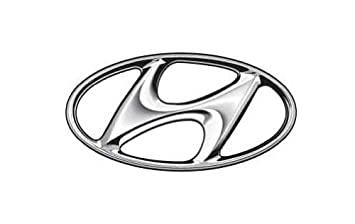Hyundai Motor Co (005380. KS) and its affiliate Kia Corp (000270. KS) anticipated a 12.1 percent increase in global sales in 2022, despite last year’s sales falling short of expectations owing to a global semiconductor shortage.
In 2021, the firms sold 6.67 million vehicles, 3.7 percent fewer than their combined target of 6.92 million vehicles, owing to supply issues such as the chip shortage, which slowed vehicle shipment.
They stated that they intend to sell 7.47 million vehicles globally this year.
“Through efforts to stabilize chip supply and demand, adapt vehicle production schedules, develop electric vehicle lineups, and optimize sales profit and loss by region, Hyundai Motor expects to expand its market share and strengthen profitability in 2022,” Hyundai Motor said in a statement.
The car industry has been affected severely by the shortage, which has resulted from supply issues and a surge in demand for consumer electronic gadgets during the pandemic. Millions of vehicles have been halted in production due to critical parts shortages.
The aim for this year, according to analysts, appears reasonable.
Vehicle demand, according to Lee Jae-il, an analyst at Eugene Investment & Securities, is projected to remain robust in 2022, fueled by pent-up demand from consumers who were unable to purchase automobiles last year owing to supply problems.
“It appears that the chip shortage is alleviating… nonetheless, increased raw material prices will almost certainly have an impact on their profitability,” Lee noted. Hyundai Motor’s stock rose 0.7 percent, compared to a 0.4 percent advance in the benchmark KOSPI index (.KS11).
In October, Hyundai Motor cut its 2021 global sales target by about 4% to 4 million vehicles from 4.16 million vehicles












